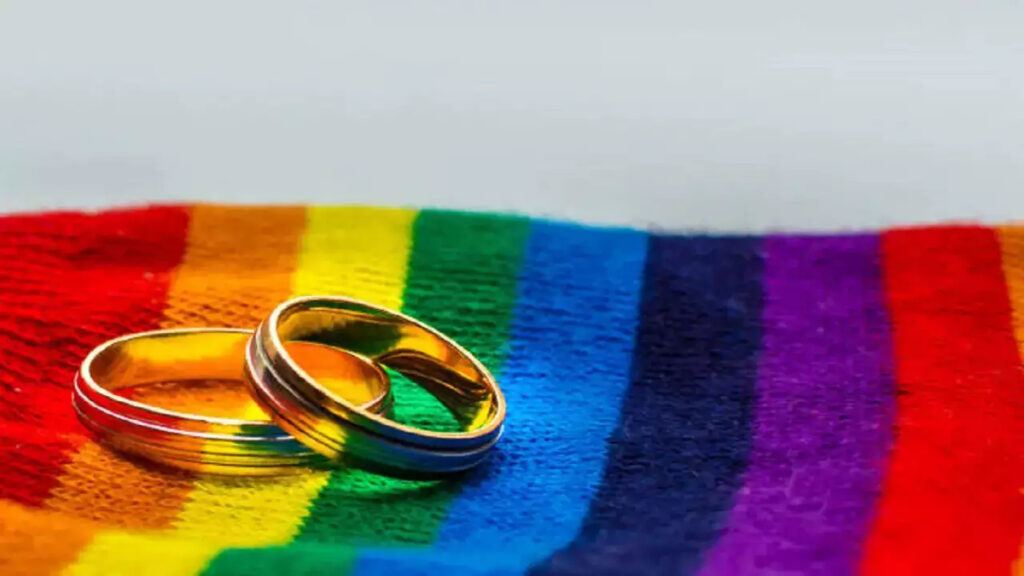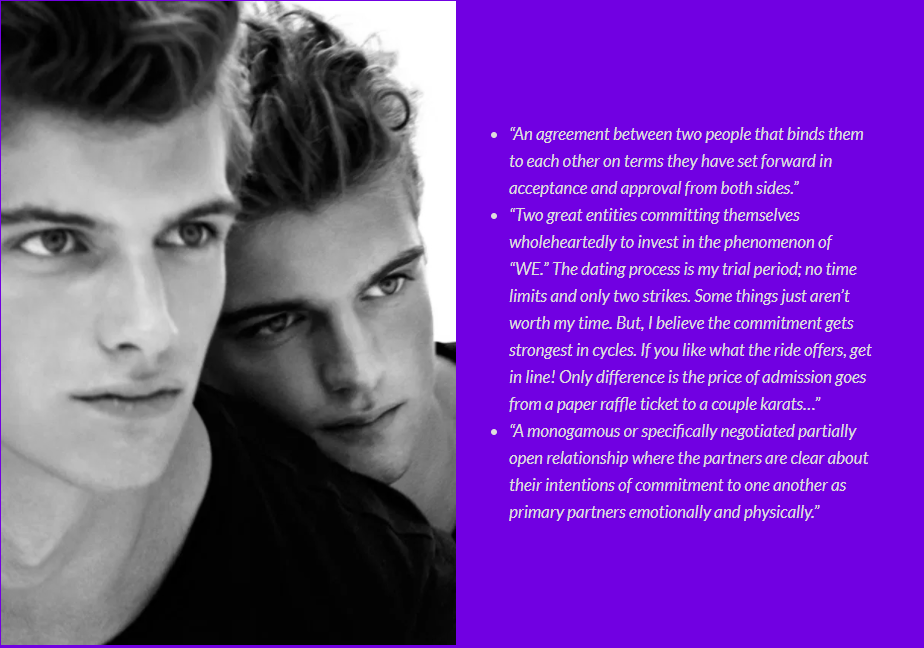Cuba has voted to legalise same-sex marriage in a national referendum
About two-thirds of the population of Cuba voted to approve reforms in a new Family Code. It will allow same-sex marriage and surrogate pregnancies and give gay couples the right to adopt children.
It marks a big moment for Cuba, which saw gay people persecuted and sent to work camps in the 1960s and 70s.
However, there was significant opposition to the reforms among religious groups and conservatives.
The referendum was for a new Family Code. A 100-page document went through more than two dozen drafts and hours of debate in community-level meetings.
Cuba’s government had backed the law change and ran a nationwide campaign urging people to approve it.

As he voted on Sunday, the country’s President, Miguel Díaz-Canel, said he expected most of the population to vote yes. He believes the new code reflected the diversity of people, families and beliefs.
Preliminary results indicated an “irreversible trend”, with 66% of votes counted in favour of the reform. The law required 50% of voters’ approval to be adopted.
The reforms were the culmination of efforts by gay rights activists in Cuba.

Official attitudes towards homosexuality on the Communist-run island have changed over the past decades. It is partly thanks to the efforts of former leader Raúl Castro’s daughter Mariela.
In the early part of communist leader Fidel Castro’s rule after the 1959 revolution, homosexual men and women were sent to work camps for supposed “re-education”.
However, many in Cuba still oppose the step, including evangelical churches and other non-religious conservatives.
Parts of the opposition also campaigned for a “no” vote, urging Cubans to seize a unique opportunity to hand the country’s communist government a defeat in the polls.

The reforms had met unusually strong open resistance from the growing evangelical movement in Cuba. And from many other Cubans. It was despite an extensive government campaign in favor of the measure, including thousands of informative meetings across the country and extensive media coverage backing it.
The code allows surrogate pregnancies and broader rights for grandparents concerning grandchildren. It also covers the protection of the elderly and measures against gender violence.

















